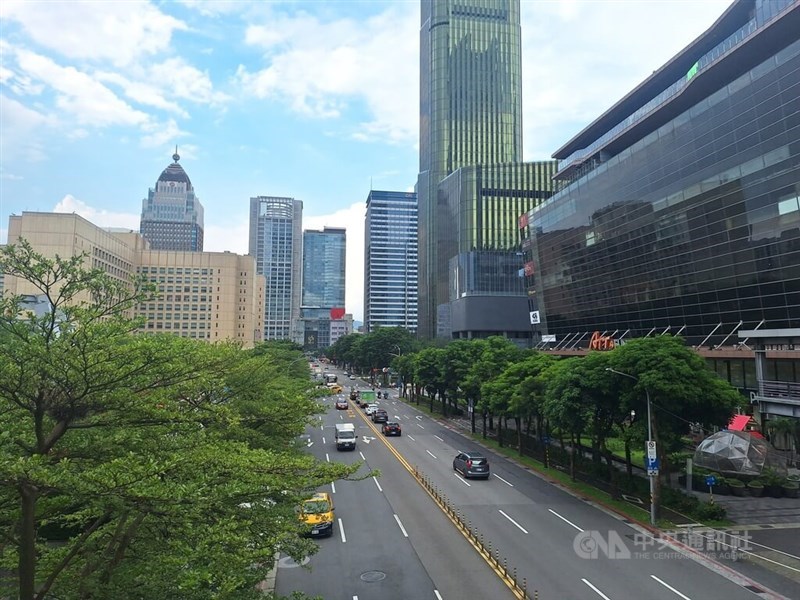
Taipei, Aug. 6 (CNA) Taiwan's consumer price index in July rose 1.54 percent year-on-year, according to a Directorate General of Budget, Accounting and Statistics (DGBAS) report released Wednesday.
The figure remained below the 2 percent alert level for a third consecutive month, though it edged up slightly from 1.36 percent in June, mainly due to rising vegetable prices following agricultural losses from Typhoon Danas and heavy rain, along with continued increases in meat and dining-out costs.
DGBAS specialist Tsao Chih-hung (曹志弘) said vegetable prices rose 5.72 percent year-on-year, though the increase was partly due to a high base in 2024, which was impacted by Typhoon Gaemi.
In contrast, vegetable prices jumped 15.87 percent compared to June and are expected to keep rising in August due to damage caused by heavy rainfall in central and southern Taiwan at the end of July, which is expected to push up CPI figures further, he added.
However, as vegetable prices were also high last August, annual CPI growth will likely see only a moderate increase, similar to July, Tsao said.
The CPI for key daily goods rose 1.79 percent year-on-year in July, the highest rate in 17 months, mainly due to a rebound in egg prices after 18 consecutive months of decline, along with larger increases in pork, chicken and bread prices, Tsao said.
Egg prices rose as surging vegetable prices triggered a substitution effect that boosted demand, while heavy rain damaged chicken coops and reduced supply, Tsao explained.
Core CPI, which excludes fruit, vegetables, and energy prices, rose 1.7 percent in July, staying below the 2 percent alert level for the 16th consecutive month, indicating that overall prices remain stable when weather-related fluctuations are excluded, Tsao said.
In response to questions about the impact of new U.S. tariffs set to take effect on Aug. 7, Tsao said the overall effect on Taiwan's CPI would likely be small.
He noted that the tariff rates recently released by the U.S. are lower than those announced in April.
In addition, the tariffs have reduced global demand, pushing down prices for agricultural and industrial raw materials compared to April levels. This suggests that while U.S. tariffs have mixed effects on Taiwan's CPI, the downward pressure on prices should outweigh any inflationary impact.
Tsao explained that because Taiwan relies heavily on imported raw materials, falling global prices, combined with the appreciation of the New Taiwan dollar against the U.S. dollar, will help reduce import costs and ease inflation.
- Society
Hualien quake causes brief transport delays, CWA warns of aftershocks
12/08/2025 09:50 PM - Society
- Business
Chiayi City to submit NT$6,000 cash handout plan for council review
12/08/2025 09:16 PM - Society
CWA forecasts heavy rain Tuesday, temperature drop to 10°C over weekend
12/08/2025 09:13 PM - Society
Taiwan forms clinical trial alliance to accelerate access to new medicines
12/08/2025 09:07 PM